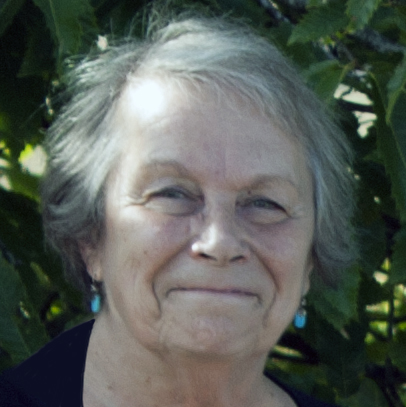

Carole Crumley
Professor of anthropology (emerita) at the University of North Carolina at Chapel Hill, Carole Crumley is a founding scientist of the research strategy termed historical ecology. Her key concept of heterarchy is now applied to studies of societal and environmental change. She is the director of the Integrated History and Future of People on Earth (IHOPE) initiative, a global network of researchers based at Sweden’s Uppsala University that unites the biophysical and social sciences and community voices to build a livable future.
Released for Syndication:
02/26/2025
Hierarchies are a familiar form of human organization where individuals and groups of high social status are ranked above others and make decisions. Some examples are an oligarchy, a small group of committed individuals (sharing religion, wealth, etc.); an absolute monarchy that controls all the...
Released for Syndication:
02/13/2025
Power in human societies is often viewed as hierarchical, meaning that it’s tiered and ranked. This view doesn’t fully capture the complexity of how power is managed in different cultures. Some societies are not strictly hierarchical but heterarchical, where power is distributed among various groups...
Released for Syndication:
02/07/2025
How do we organize elements in a system? One way is through the lens of hierarchy, which presupposes levels, a top-down ranking of elements. Another is homoarchy, which permits one (and only one) ordering. Both terms, while useful to characterize a stable formation, do not...
Released for Syndication:
02/04/2025
For two centuries, archaeologists, historians, and social scientists studied human societies in search of the origins of hierarchy—a layered structure where power and privilege are concentrated in the top layer. Realizing that this model failed to account for the real-life complexity of human relationships and...